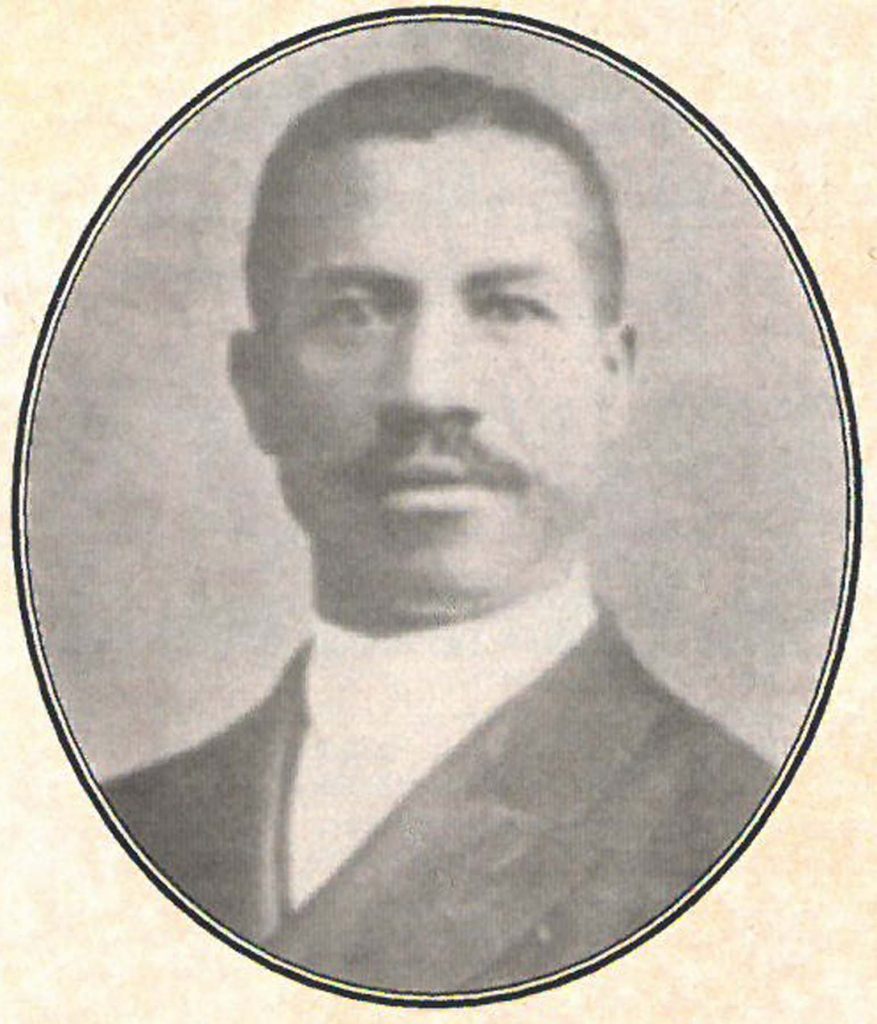This guest post was contributed by Carl Teichman, Director of Government and Community Relations, IWU President’s Office, and member of the Class of 1980. Teichman created this biographical summary through information found in Randall K. Burkett’s book Black Redemption: Churchmen Speak for the Garvey Movement (Temple University Press, 1978).

James Robert Lincoln Diggs was awarded a Ph.D. in Sociology from Illinois Wesleyan University in 1906, thereby becoming the first African-American to earn a Ph.D. in that discipline and the ninth to earn a Ph.D. in any field in the United States.
Diggs, whose Ph.D. thesis was titled “The Dynamics of Social Progress,” graduated from Wayland Seminary in Washington, D.C., in 1866, and went on to earn the A.B. and A.M. degrees from Bucknell University in 1898 and 1899.
After completing his academic training, Diggs was the head of several small black Baptist colleges in the south, including State University in Louisville, Ky., Virginia Theological Seminary and College in Lynchburg, Va., and Selma University in Selma, Ala. In 1914, he was named president of Clayton-Williams University in Baltimore. A year later he was called to the pastorate of Trinity Baptist Church in Baltimore, and he served as the minister there until his death in 1923.
Diggs was a colleague of W.E.B. DuBois and was one of the few black educators to participate in the Niagara Movement. Diggs was among the group of 29 prominent African-Americans who met secretly in Niagara Falls, Ont., in 1905 and drew up a manifesto that called for full civil liberties, abolition of racial discrimination, and recognition of human brotherhood. The Niagara Movement was the forerunner of the NAACP.
At the Niagara Movement’s Harper’s Ferry Convention in 1906, the year he received the Ph.D. from Illinois Wesleyan, Diggs lectured alongside Du Bois and Reverd D. Ransom. He was also a principal financial backer of the Niagara Movement’s journal, the Horizon. An early member of the NAACP, Diggs was president of the Baltimore division. He was also a member of the national Equal Rights League and served as its national vice president. Diggs was regarded for his scholarly sermons, including an eloquent defense of Marcus Garvey during the third International Convention of Garvey Universal Negro Improvement Association in August 1922.
